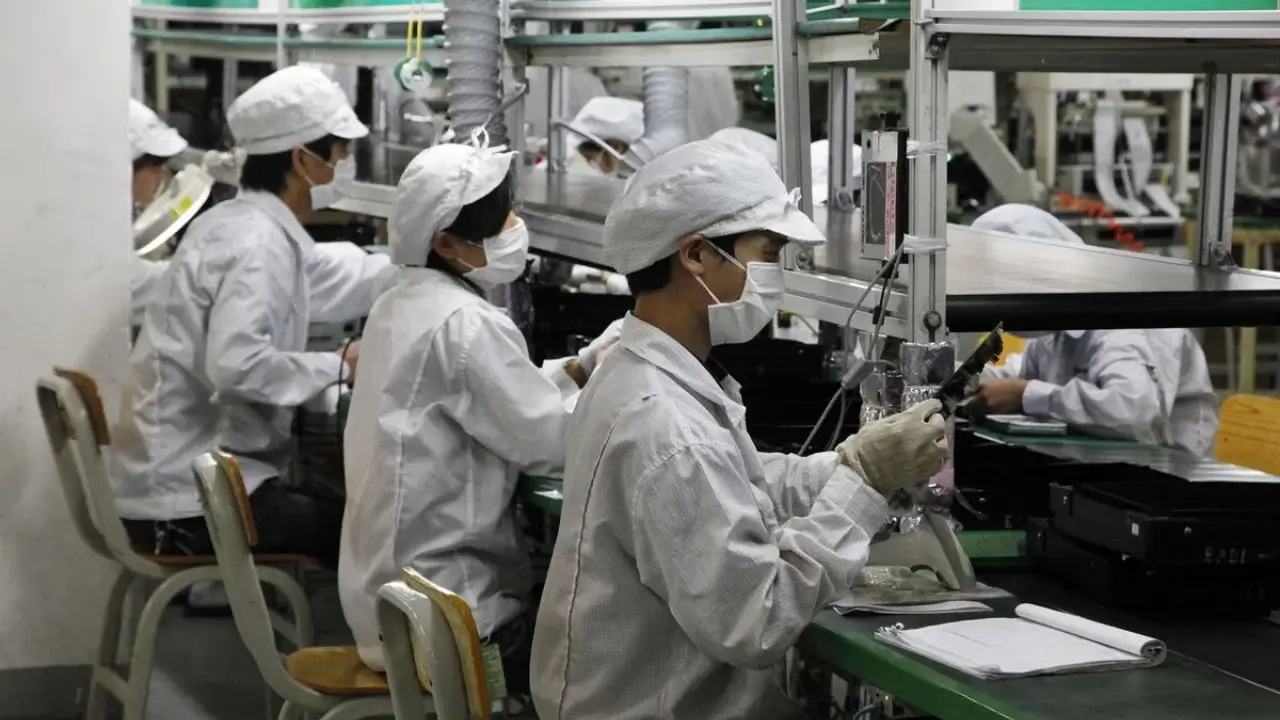
According to Bloomberg, Taiwan's Foxsonn, Apple's largest contractor, has been found to have violated Chinese labor laws in several instances during the mass production of iPhone 17 smartphones. China Labor Watch (CLW), which conducted the investigation, published a detailed report on this matter.
According to reports, workers at Foxson's largest production complex in Zhengzhou were forced to work overtime for long hours. Among them, there were many cases of involvement in night shifts. Also widespread are such problems as delays in wage payments and non-payment for additional labor. The investigation covered the period from March 2024 to September 2024 - at the height of the production of new iPhone models.
According to the CLW report, the number of workers in peak months reached 150-200 thousand people, more than half of whom were temporary employees. Chinese law requires the share of temporary workers not to exceed 10%. This situation is a clear violation of official rules.
The report notes another serious issue: wages are paid in two parts - half at the end of the month, and the rest in the next billing period. Therefore, employees who left the job were often left unpaid for overtime.
Human rights defenders also noted a number of problems: working hours exceeding the established limit, the use of young employees in night shifts, inequality in hiring, insufficient provision of personal protective equipment when working with hazardous substances, cases of pressure and intimidation of workers.
Apple, in a statement to the publication, emphasized that the company adheres to "highest standards" in terms of labor protection, human rights, and business ethics. The corporation also stated that it will regularly check contractors and strive to respond promptly to reports of violations. Apple's internal requirements, like Chinese law, stipulate that the working week should not exceed 60 hours. However, Foxson's workers were often forced to work up to 75 hours a week.
CLW recalled that it last conducted such an inspection in 2019. According to their assessment, although the situation has worsened in some aspects, there are also positive changes: for example, the employment of young people in production has stopped, and overtime has decreased at the general level.
Read 'Zamin' on Telegram!












